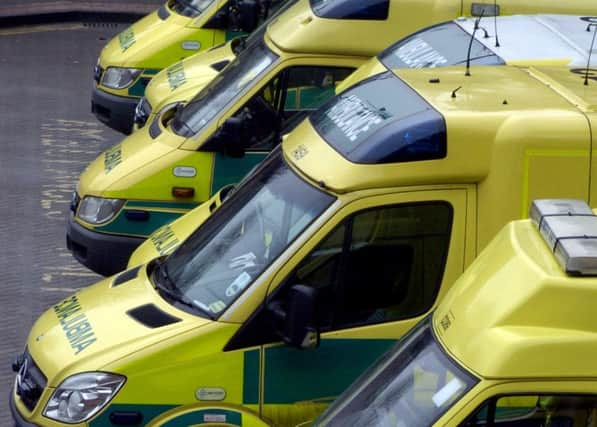Ambulance chiefs aim to tackle paramedics shortage


The North East Ambulance Service (NEAS) estimates that it will have 103 fewer full-time employed paramedics than it wants by the end of March, equivalent to a 20% shortage.
But the service hopes to be at almost full capacity, 97%, by the end of the year, mainly from a new intake of students set to qualify, and also by recruiting paramedics from Poland.
Advertisement
Hide AdAdvertisement
Hide AdMark Cotton, NEAS assistant director of communications and engagement, said the best way to fill the vacancies was to train their own paramedics, which takes two years.
He added Teesside University doubled its intake of students this academic year.
Mr Cotton told a meeting of Hartlepool council’s Audit and Governance Committee: “Two years is a long time to wait for students to qualify. We need paramedics now.”
The ambulance service intends to recruit about 20 paramedics after looking to Poland.
Advertisement
Hide AdAdvertisement
Hide AdMr Cotton added: “These are qualified paramedics who come almost ready made. That helps to plug the gap in the short term.”
He added the service faced competition from the private sector which can pay paramedics bigger salaries.
In a presentation to the committee on its performance last year the ambulance service said ambulance turnaround times at hospitals were down but acknowledged there was still work to do.
It added enhanced paramedic training had helped to treat patients at home, resulting in 5,000 fewer taken to A&E.
Advertisement
Hide AdAdvertisement
Hide AdCouncillor Ray Martin-Wells, chairman of the Audit and Governance Committee, said: “I’m still disappointed they won’t have a full complement of paramedics by the end of the year despite assurances given to me by the chief executive last year.
“However, I do think the steps they have taken will bridge the gap and stop the reliance on third party providers such as the British Red Cross and St John Ambulance, which are wholly unacceptable long-term.”